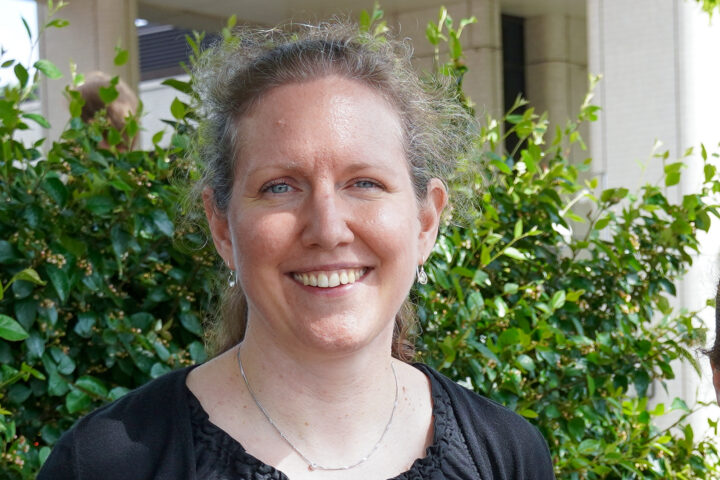Professor Elina Kilpi-Jakonen Receives NordForsk Funding for New Nordic Research on Youth Well-Being and Education
Professor Elina Kilpi-Jakonen has received additional funding from NordForsk for the project Young First: Nordic Evidence on the Well-Being–Education Nexus and Inequalities. The project will run from November 2025 to July 2027 and brings together several Nordic research partners.
The new project, YouthFirst, unites two earlier NordForsk-funded initiatives – ChildrenFirst and YoungEqual – to address a key research gap: how adolescent mental health and education influence one another over time and across countries.
Earlier studies have often relied on incomparable indicators, isolated surveys, short follow-up periods, and limited possibilities for causal inference. As a result, policymakers still struggle to determine whether the rise in mental health diagnoses among young people reflects worsening health, improved awareness, better detection, or service bottlenecks – and how each of these factors contributes to educational inequality.
To bridge this gap, YouthFirst will use population register data covering more than one million adolescents across multiple Nordic countries to explore how mental well-being is linked to educational outcomes and trajectories. With harmonised longitudinal designs, the project will analyse how psychiatric diagnoses affect educational transitions and dropout rates in each country and cohort – and whether these effects have intensified in the post-pandemic years.
In addition, the team will analyse national and international survey data, as well as survey–register-linked datasets, to identify modifiable daily-routine markers – such as sleep, meals, and screen time – that connect well-being and learning. Based on this evidence and a critical review of pandemic-era research, YouthFirst will co-develop an open-access Nordic indicator toolkit for effective monitoring of youth well-being and educational equity.
By pooling unique Nordic register data, multidisciplinary expertise, and stakeholder insights, YouthFirst will generate comparative evidence that no single country could produce alone. The findings will inform policy and interventions, strengthen crisis preparedness, and support long-term monitoring of young people’s well-being across the Nordic region.

